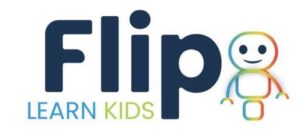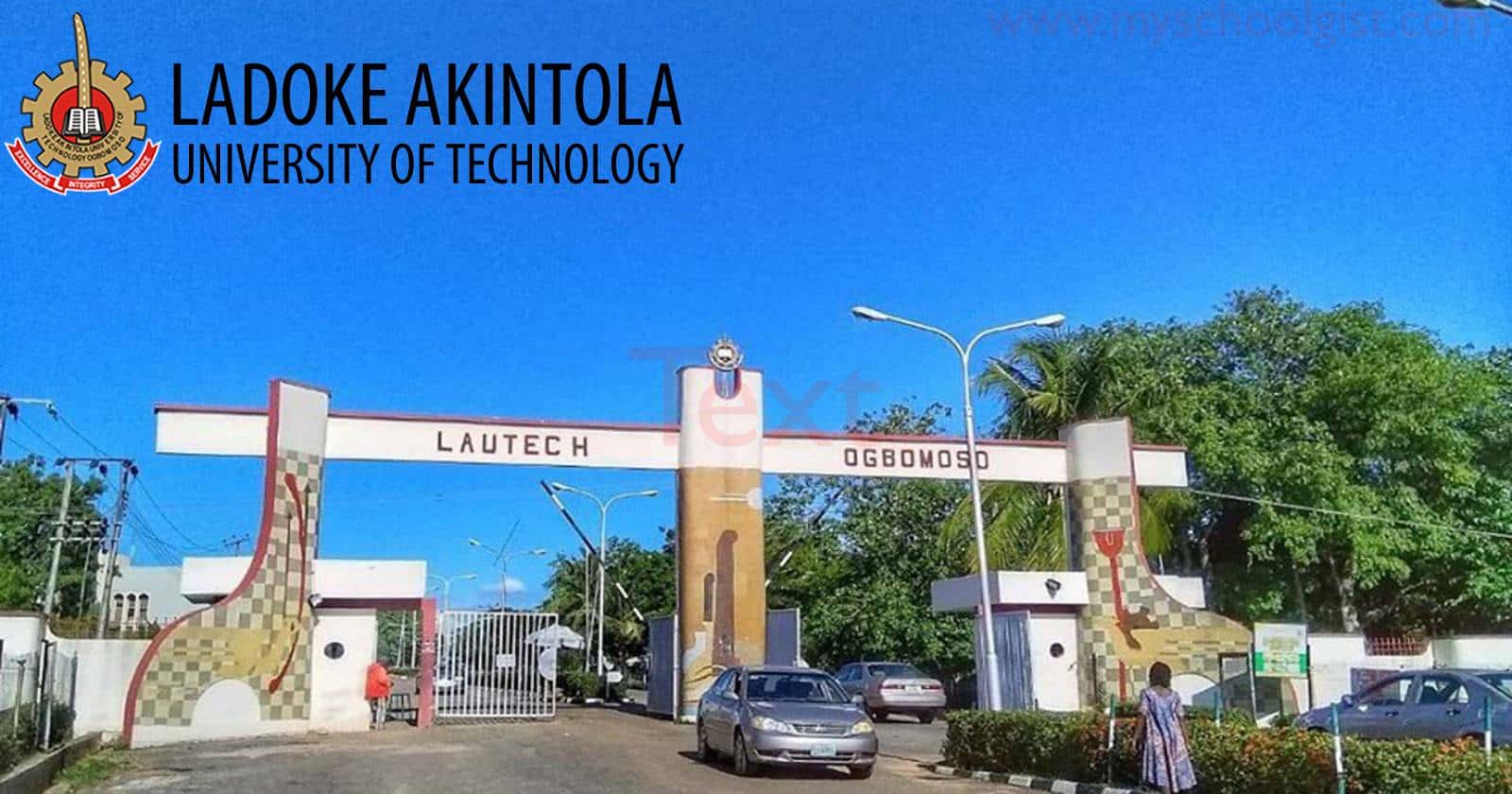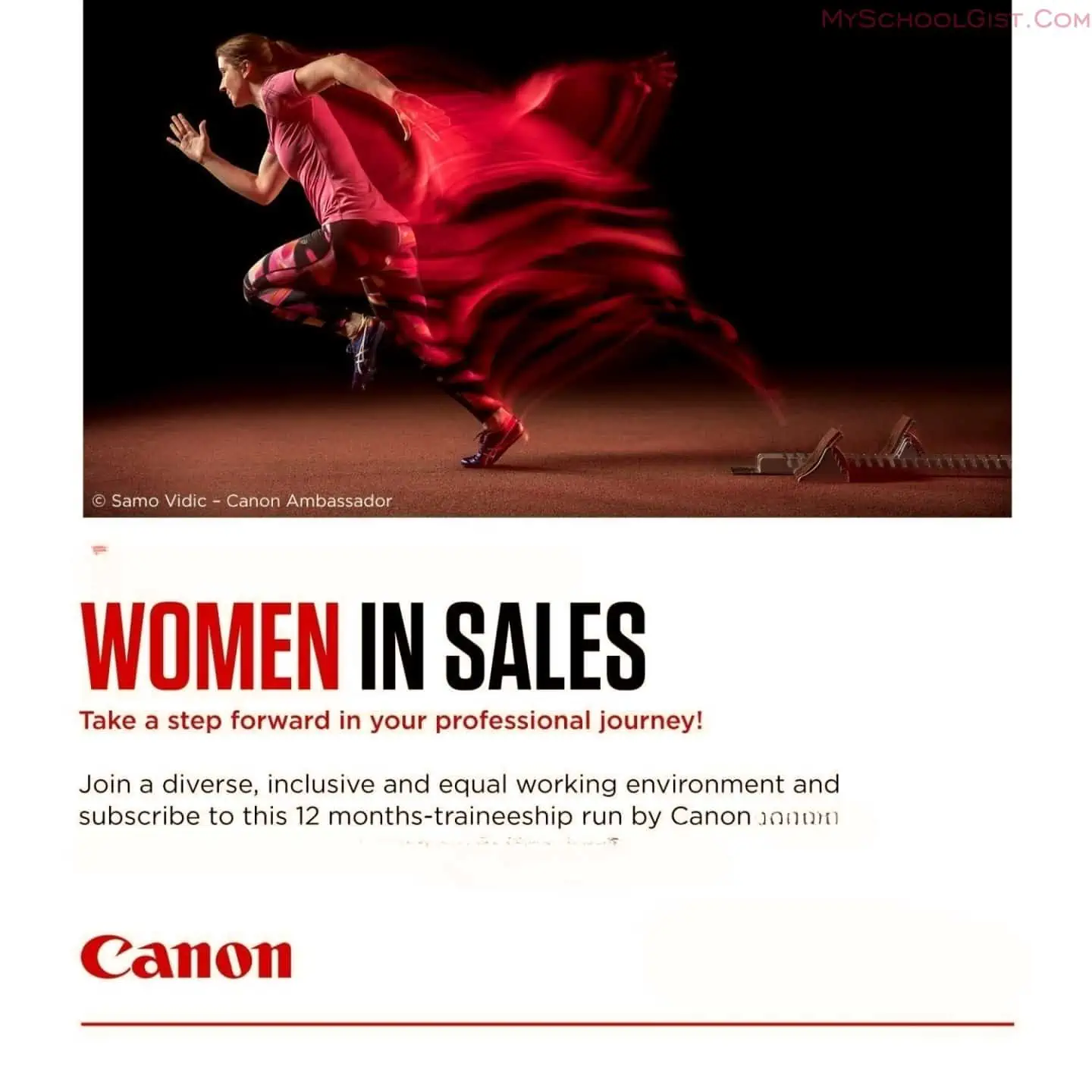When I was a young child, I struggled with stuttering in public. In hindsight, I believe this pattern emerged because of the racially motivated bullying I continuously received from classmates. Despite this bullying from my peers, I still considered my white suburban classroom a separate space where the teacher was a fair arbitrator of relations between students.
But by 4th grade, my positive view of school had vanished. I remember attempting to answer a question and beginning to stutter. The teacher told the class that they shouldn’t laugh because “his people talk like that.”
Between a Black mother raised in the United Kingdom and a Latino father, race was a constant topic of conversation in my family. I knew the comment was racist and told my parents, who swiftly secured an halfhearted apology from the teacher for “misspeaking.” Still, the damage to my sense of belonging in school was done.
I might have been pushed away from learning entirely if the librarian at the school had not given me her original 1965 copy of The Autobiography of Malcolm X soon after. Reading the Autobiography in 4th grade was the starting point of my love for learning Black history and learning in general—but it did not restore my positive view of school as a place for that learning.
As I grew older, my love for education increased and so did my resistance to school. This resistance was reflected in my 1.6 GPA. Despite my negative experiences, I chose to pursue teaching as a profession. For me, it was a path to address injustice authentically.
My exposure to the power of Black history as early as elementary school and my desire to address injustice led me to my core belief that Africana studies can save the world.
Africana studies is an interdisciplinary field concerned with the study of Black people and history, but it also represents a foundational building block of a more just world. This field of study can offer teachers the intellectual tools to develop an entirely new conceptual framework of education—one that is liberating and more humane for everyone.
Africana studies was only recognized in higher education through dedicated Black student activism, particularly since the 1960s. African people across the diaspora have long demonstrated a consistent effort to define the world through a different lens from the one imposed by a Eurocentric worldview. Throughout our history, African people have needed to create theoretical frameworks that affirm our humanity in the face of European domination. This African-centered worldview rejects the assumption that human suffering is an inevitable byproduct of “progress” or that control of the natural world is the highest level of human advancement. Students of Africana studies seek innovative ways to approach how people relate to one another and the world.
Our school systems were founded on a Eurocentric worldview that treats learning as an objective and measurable pursuit that can be disconnected from the subjective and interconnected context of human existence. Schools and classrooms are structured with the “knower of” certain “facts” (the teacher) distributing that objective knowledge to passive recipients (the students).
This educational framework not only reinforces the passive learning behavior of students but also prioritizes individual competition at the expense of cooperative learning. We can see the cost of this framework in the use of a one-size-fits-all standardized-test-score model used as the primary measurement of learning, in oversized classrooms designed to treat education like an assembly line, and in the overall disengagement of students who view education as simply a means to an end.
By being exposed at such a young age to ideas centered on questioning this Eurocentric perspective—first through reading The Autobiography of Malcolm X and in the years of study that followed—I have come to see the true goal of education is not to separate myself from reality in order to categorize it but to see myself as a part of the subjective reality of our existence.
Not only does a Eurocentric education framework reduce education achievement to measuring decontextualized, narrow facts, it also devalues differing worldviews and “otherizes” non-European groups. There is a direct line between this individualistic and competitive framework of schooling and the unsustainable resource extraction and labor exploitation we see in the workforce. The goal of this dominant education framework is to produce workers, not whole, self-actualized human beings.
This approach encourages the accumulation of wealth through the exploitation of people and the extraction of natural resources. As we all face a global, existential environmental and spiritual crisis, this Eurocentric worldview cannot sufficiently address our collective plight.
I believe that Africana studies can encourage us to reconfigure the hierarchical relationship between student and teacher that has long made classrooms a dehumanizing place for students like me. Teachers can shift the focus of education away from simply acquiring skills to compete in the workforce to cooperative learning models that emphasize our collective responsibility to each other. Africana studies is the missing intellectual component we need for a more humane and holistic education system.
Explore the Collection
We are not a historically mature society until we acknowledge that everyone’s history matters. In this special collection, a slate of Black history researchers and educators help lead us down that road to historical maturity and LaGarrett J. King offers practical resources for improving Black history instruction.
window.fbAsyncInit = function() {
FB.init({
appId : ‘200633758294132’,
xfbml : true,
version : ‘v2.9’
});
};
(function(d, s, id){
var js, fjs = d.getElementsByTagName(s)[0];
if (d.getElementById(id)) {return;}
js = d.createElement(s); js.id = id;
js.src = “https://connect.facebook.net/en_US/sdk.js”;
fjs.parentNode.insertBefore(js, fjs);
}(document, ‘script’, ‘facebook-jssdk’));
!function(f,b,e,v,n,t,s)
{if(f.fbq)return;n=f.fbq=function(){n.callMethod?
n.callMethod.apply(n,arguments):n.queue.push(arguments)};
if(!f._fbq)f._fbq=n;n.push=n;n.loaded=!0;n.version=’2.0′;
n.queue=[];t=b.createElement(e);t.async=!0;
t.src=v;s=b.getElementsByTagName(e)[0];
s.parentNode.insertBefore(t,s)}(window, document,’script’,
‘https://connect.facebook.net/en_US/fbevents.js’);
fbq(‘init’, ‘344596112942513’);
fbq(‘track’, ‘PageView’);






Leave a Reply